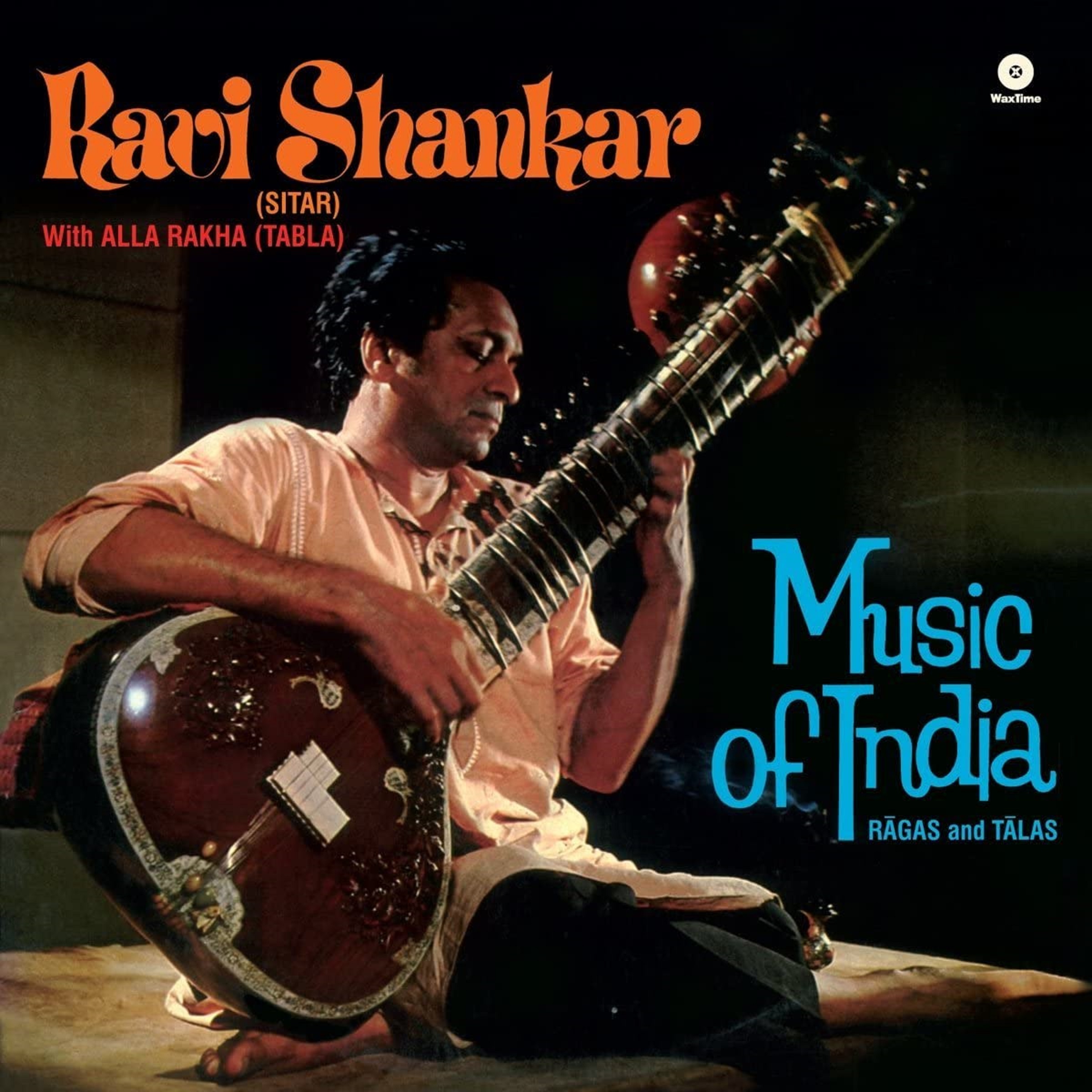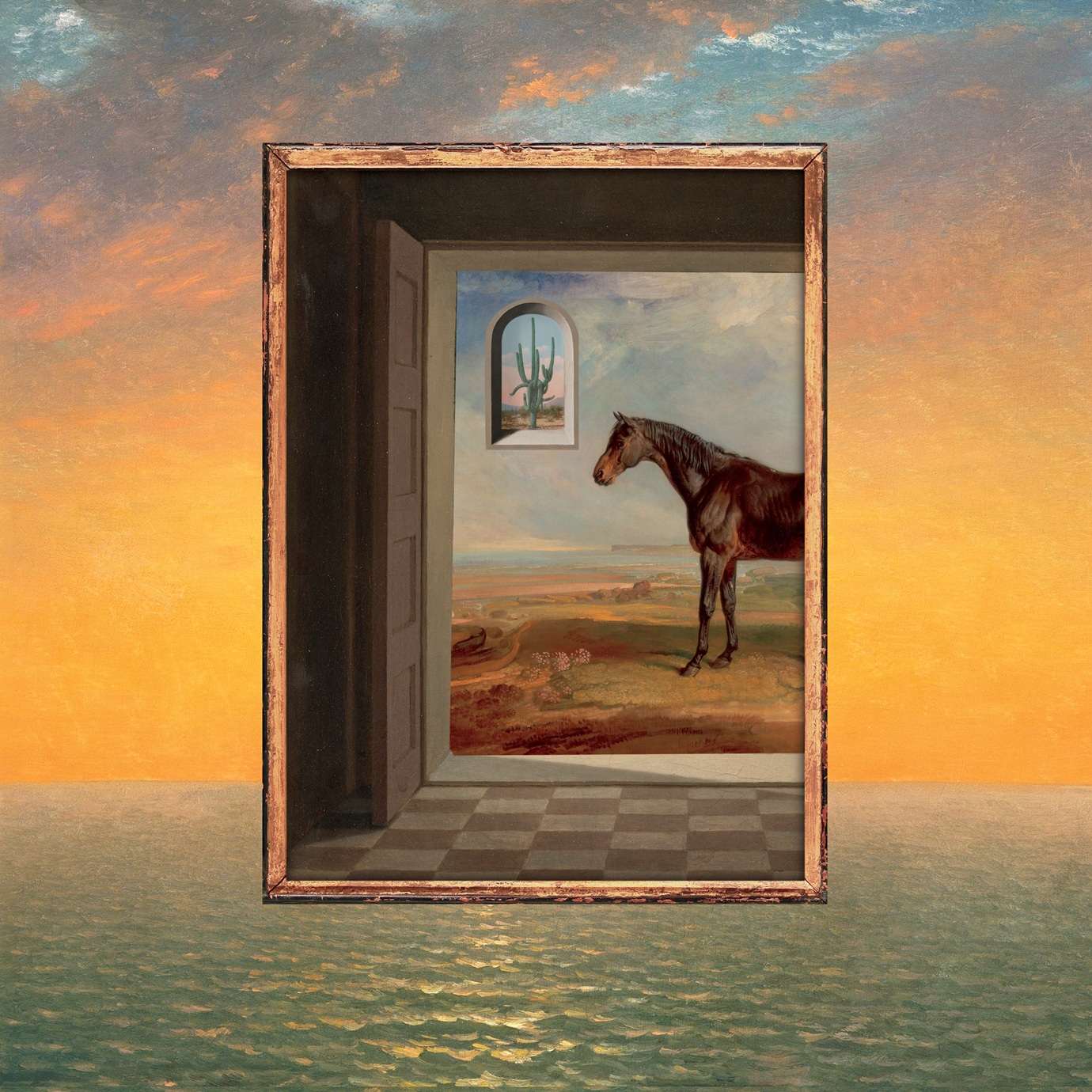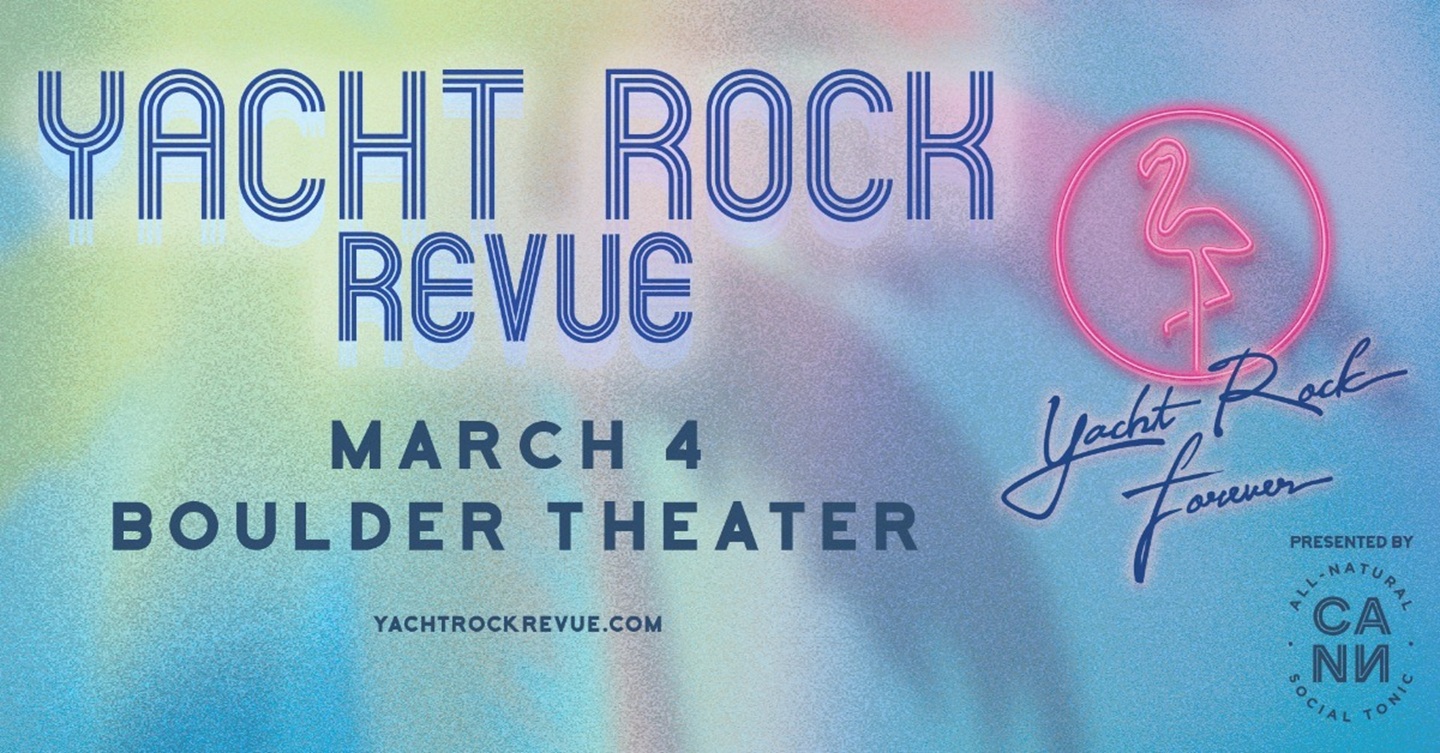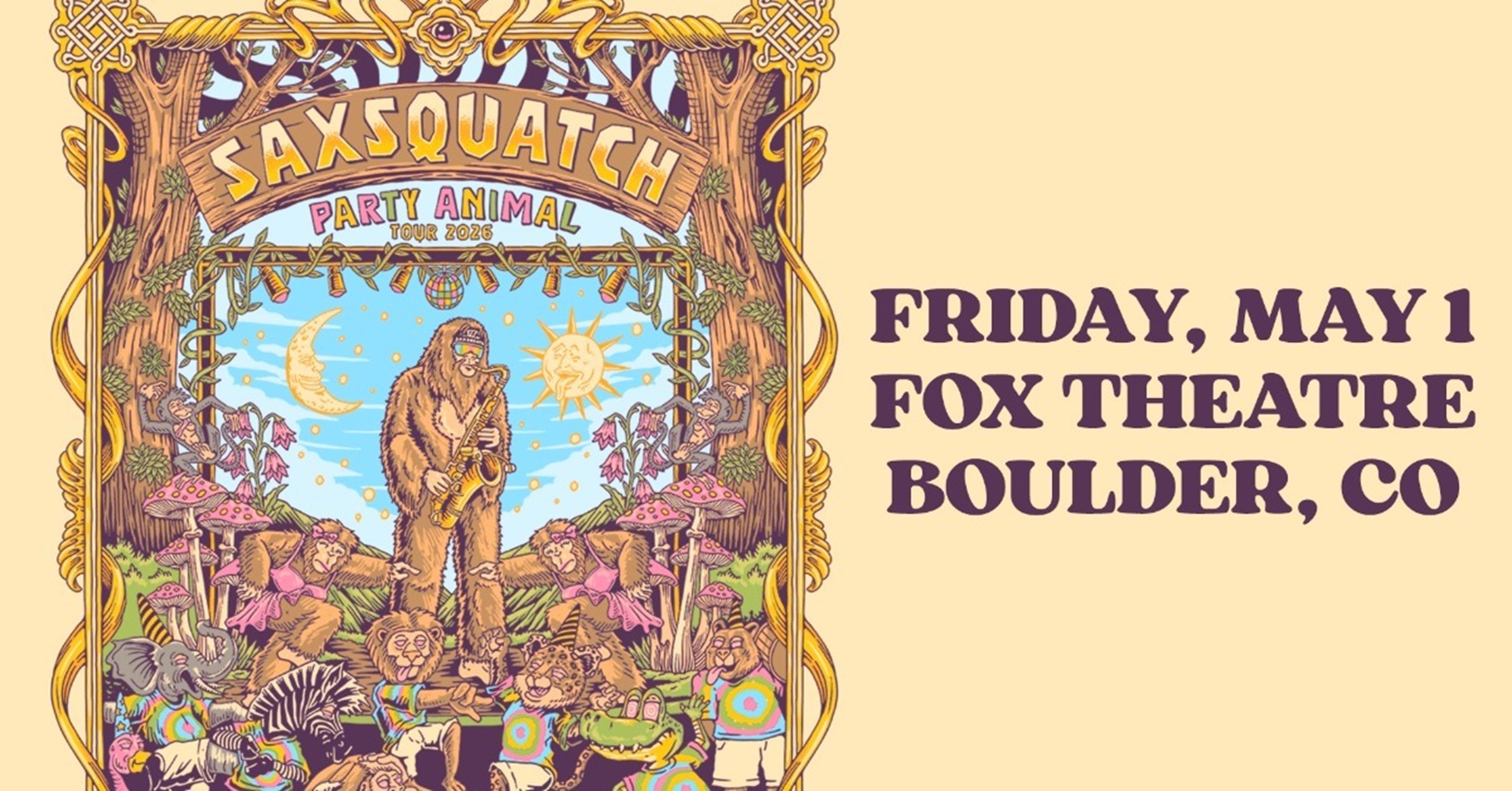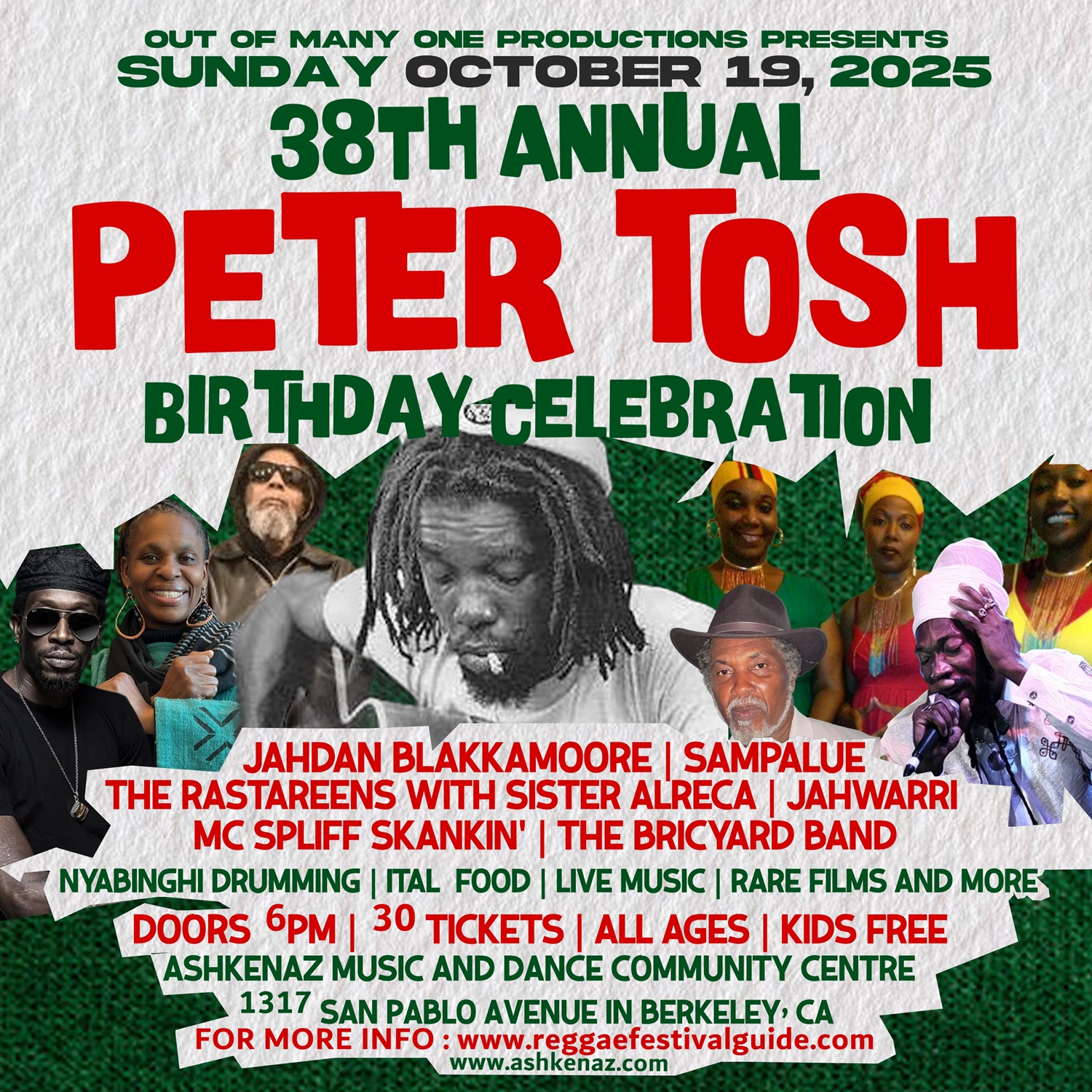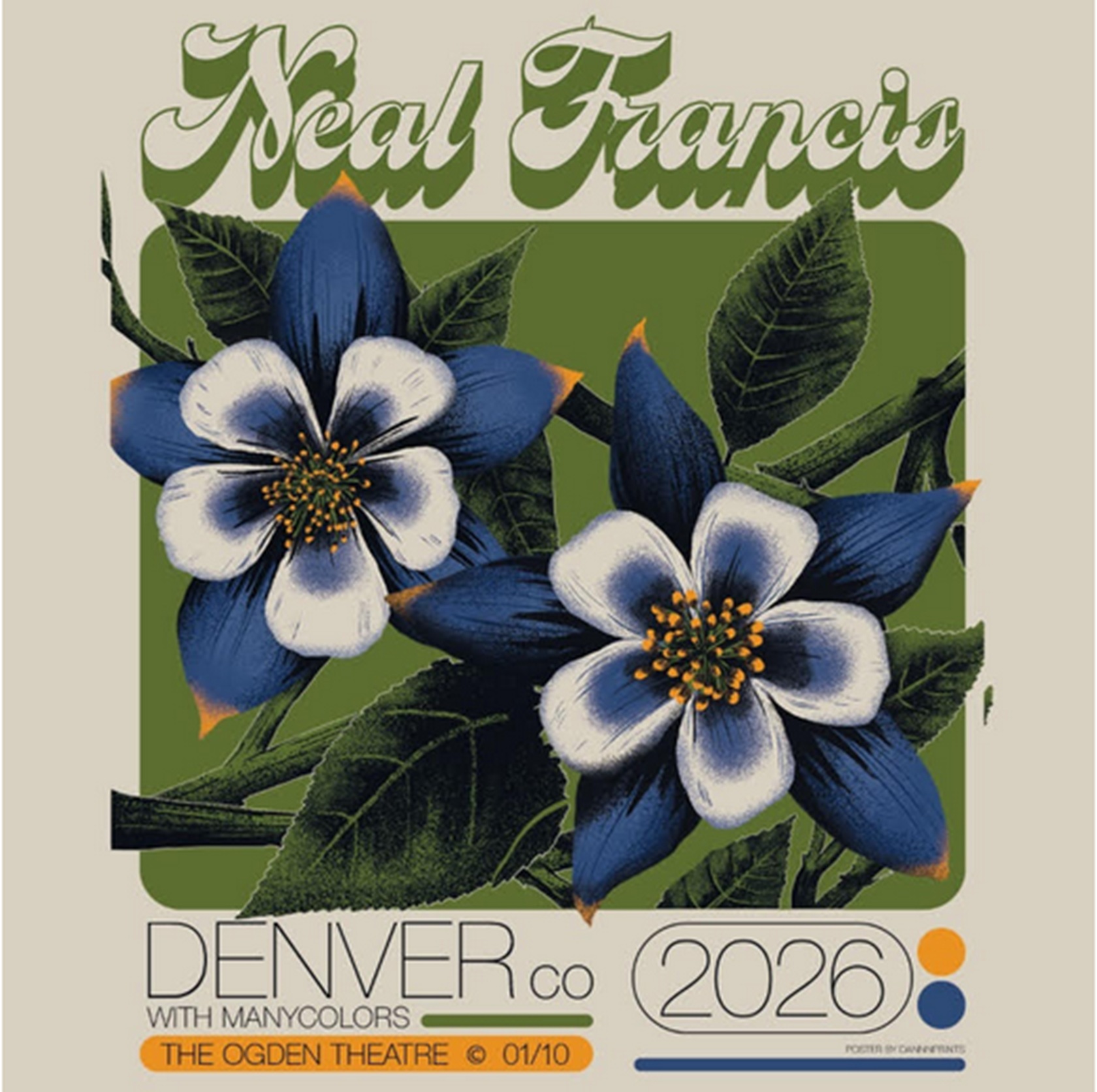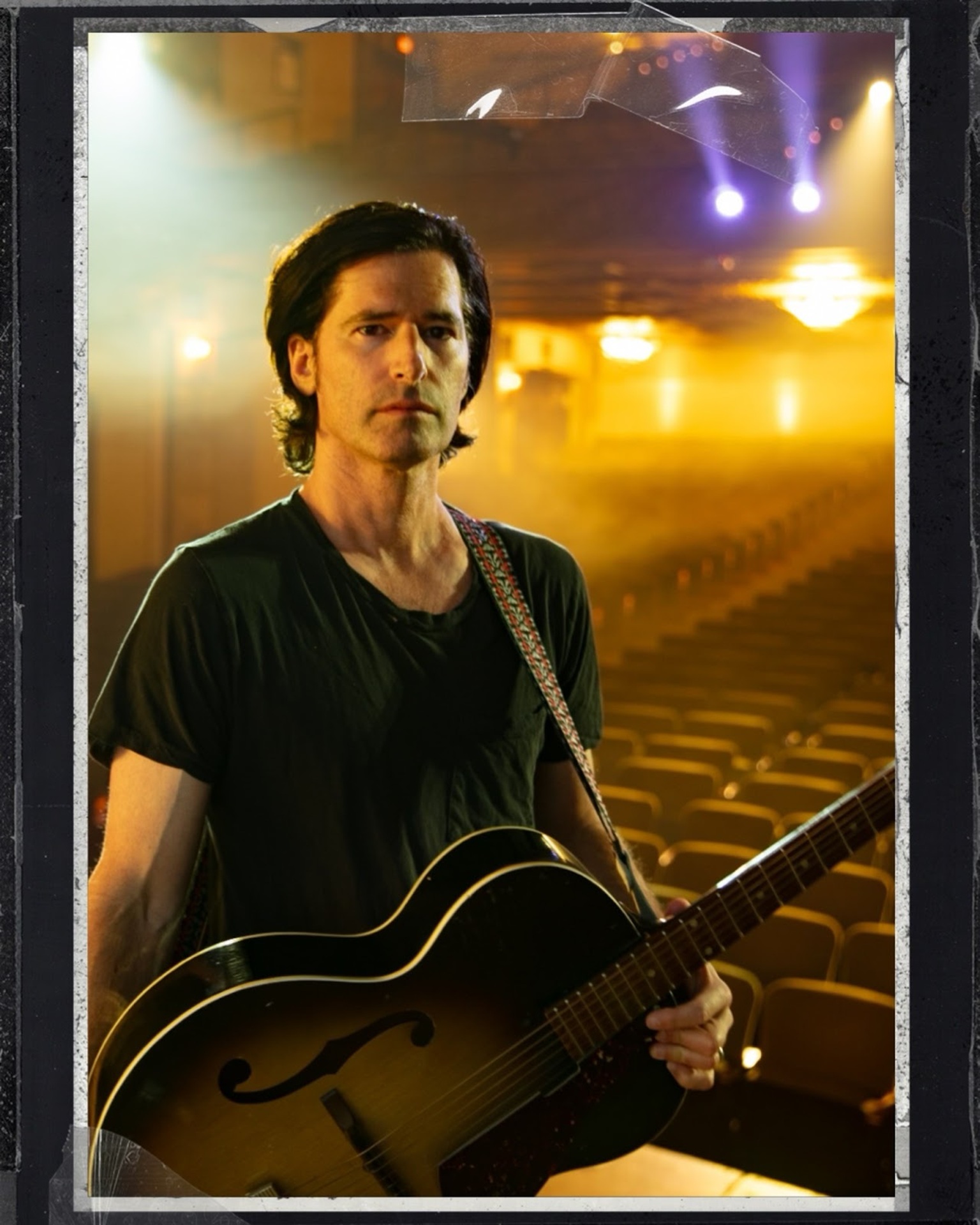On this day, April 7th, 2024, we at Grateful Web honor the legacy of Ravi Shankar, a luminary whose profound impact on the world of music transcends boundaries and genres. Born in Varanasi, India, Shankar was not just a virtuoso of the sitar but a bridge between the musical traditions of the East and West. His collaborations with iconic figures such as George Harrison of The Beatles, and his influence on bands like the Grateful Dead, underscore his pivotal role in the global music scene.
Ravi Shankar's musical journey was marked by his mastery of the sitar, an instrument he not only popularized across the world but also transformed into a vessel for his innovative compositions. His playing style, characterized by rapid finger-plucking and a deep understanding of the ragas and talas of Indian classical music, captivated audiences worldwide and introduced many to the intricate beauty of Indian music.
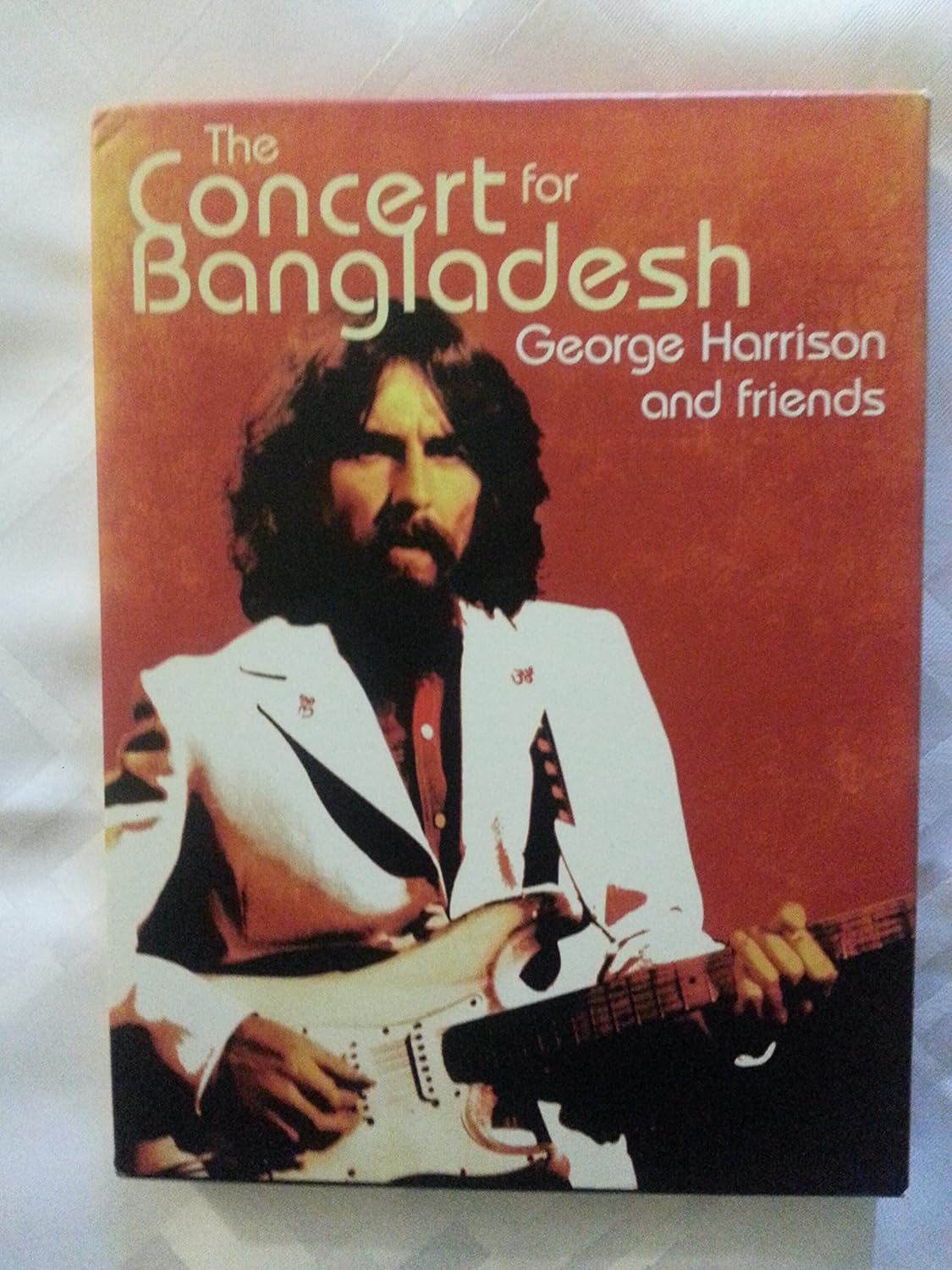
His collaborations were legendary, not just for their novelty but for how they enriched the global music landscape. Shankar's work with George Harrison led to a significant Western interest in Indian music, culminating in the iconic Concert for Bangladesh in 1971. This event was not just a musical milestone but also a testament to Shankar's deep commitment to humanitarian causes through music.
The Grateful Dead, known for their exploratory music that touched upon a variety of genres, were also influenced by Shankar's work. The sitar's entrancing sound found its way into the band's improvisations, showcasing Shankar's far-reaching impact on the music of the 20th century.
Ravi Shankar's most celebrated works include:
"Raga Jog" - A captivating piece that showcases the emotional breadth of Indian classical music.
"Three Ragas" - An album that brought Shankar's sitar to the international stage, offering a sublime introduction to his artistry.
"West Meets East" - A groundbreaking collaboration with violinist Yehudi Menuhin, this album won a Grammy and was pivotal in bridging Western and Eastern classical music traditions.
"The Concert for Bangladesh" - This live album from the historic concert reflects Shankar's deep commitment to using music as a means for social change.
"Ravi Shankar's Music Festival from India" - A live recording showcasing a variety of Indian music, performed by a large ensemble of Indian musicians led by Shankar.
"Tana Mana" - An album that blends traditional Indian music with electronic sounds, illustrating Shankar's willingness to innovate and explore.
"Chants of India" - Produced by George Harrison, this album features traditional Indian chants set to Shankar's arrangements, offering a meditative and spiritual experience.
"Raga Parameshwari" - A composition that highlights Shankar's skill in creating a deeply spiritual and complex raga.
"Raga Mala" (A Garland of Ragas) - A sitar concerto with the London Philharmonic Orchestra, showcasing his ability to fuse Indian classical music with Western orchestral traditions.
"The Living Room Sessions Part 1" - Recorded in his home, this late-career album captures the intimacy and depth of Shankar's musicianship.
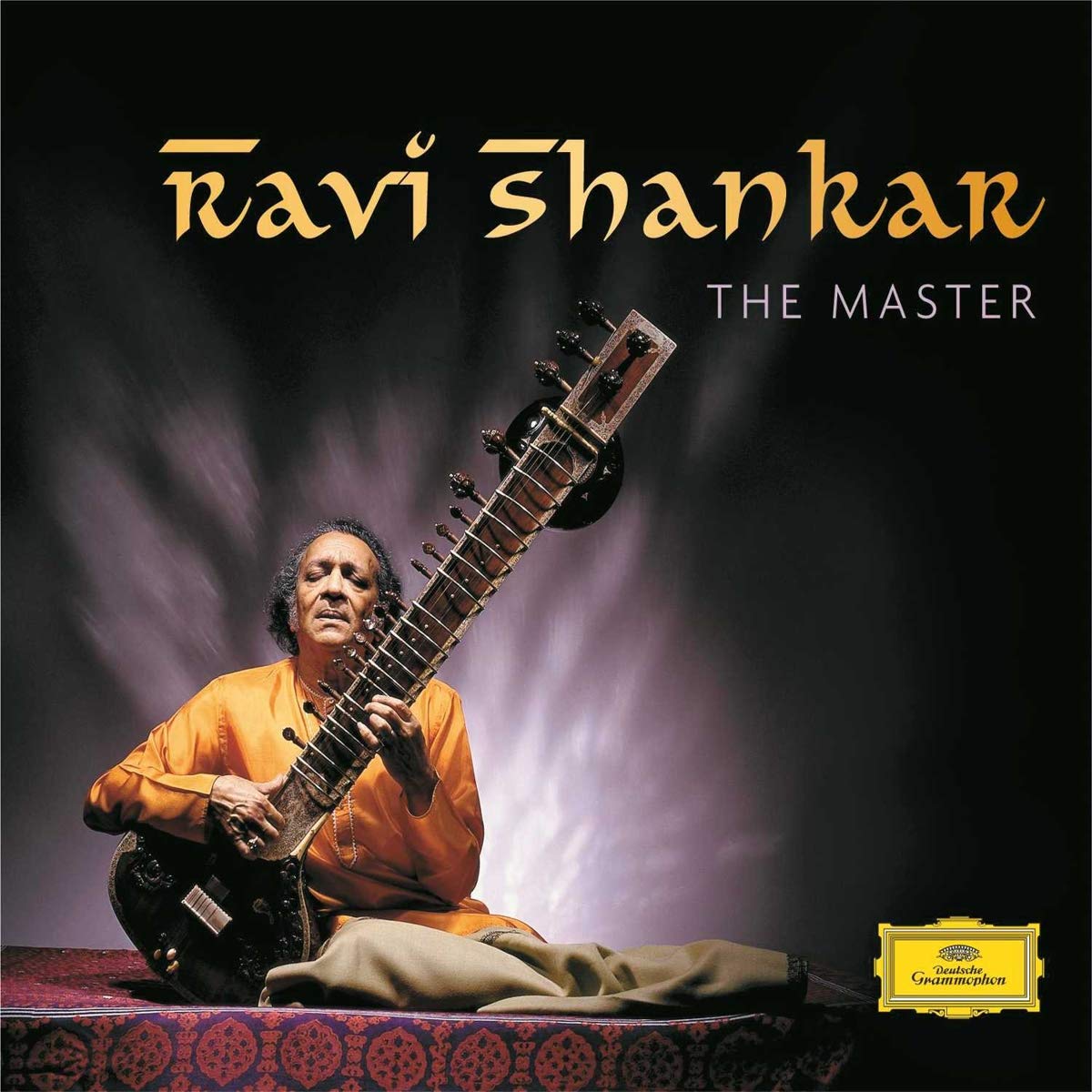
Ravi Shankar's musical style was not just about the fusion of sounds; it was a dialogue between cultures, a celebration of humanity's diverse expressions through music. His legacy is not only in his recordings but in the countless musicians and listeners worldwide who have been inspired by his vision, his generosity, and his extraordinary talent. Today, as we remember Ravi Shankar on his birthday, we celebrate a man who was not only a master of his instrument but a global ambassador of peace and harmony through the universal language of music.





